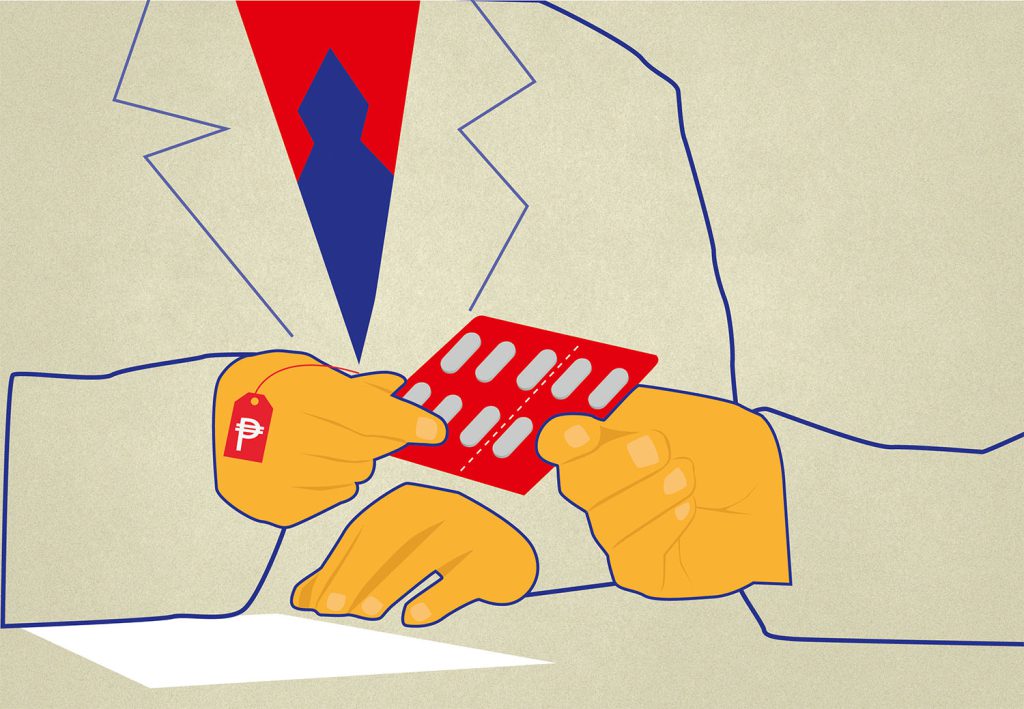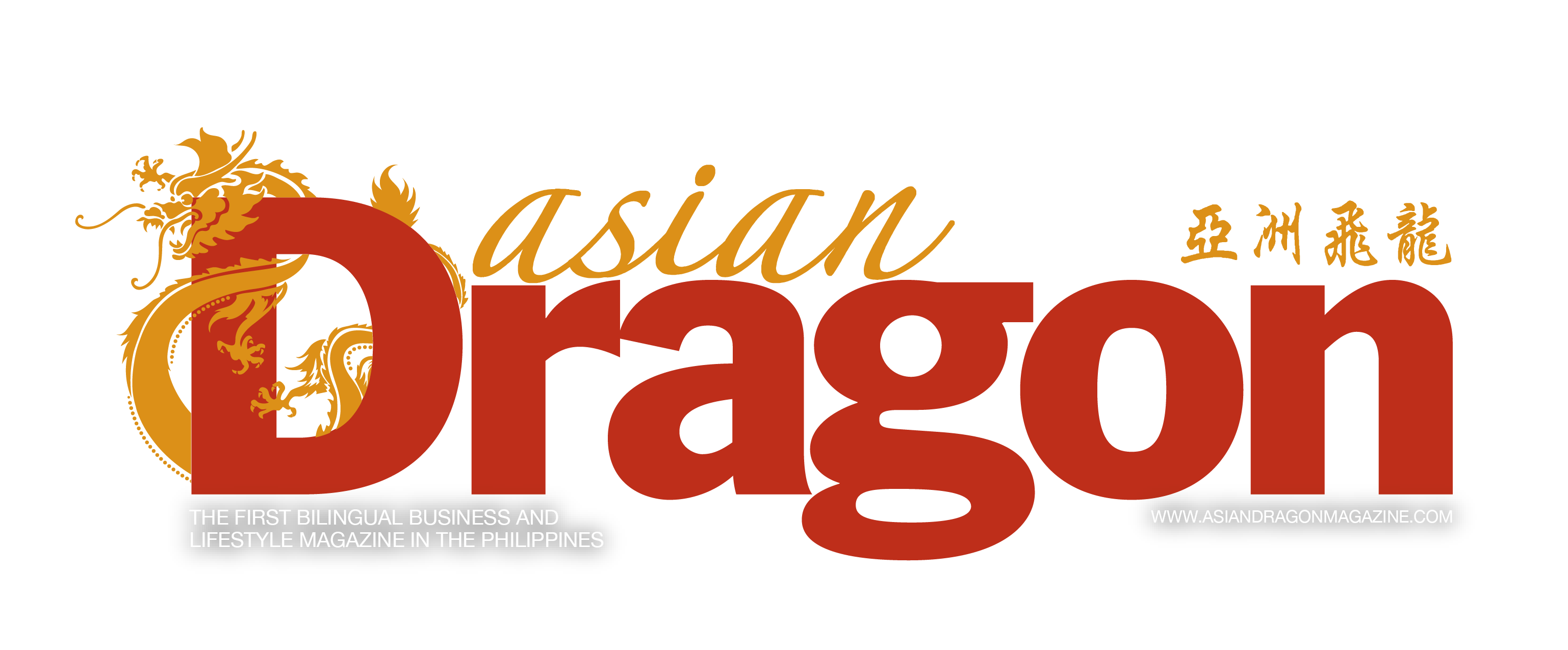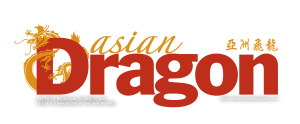
In this information age, it has become ever more difficult to discern what is true, as opposed to what is fake news. Unfortunately, the field of medicine is not immune to this phenomenon. I am often asked about doctors, advertised medical procedures, and products because people don’t know what to believe.
Why do such practices evolve? It is a perfect storm of opportunity. Economic gains are an attractive incentive for unscrupulous companies and individuals, or doctors trying to reinvent themselves with pioneering but unproven therapies. This is enabled by the lack of regulations or the imperfect implementation of available regulations to protect the public, as well as the lack of self-policing by medical professional societies to call out dubious practices and products.
Medical charlatans
Who among us has not been referred by some well-meaning friend or relative to a “doctor” who specializes in the exact condition we are suffering from, and whose reputation is built on anecdotal experience of other friends of friends? No matter how much they may look or seem the part, not everyone who treats patients is a member of the medical field.
It is not enough that he/she be a medical doctor. Stories abound of legitimate clinicians who dabble in the practice of unproven therapies, which they may claim as pioneering or breakthrough. In this case, it would be helpful to ensure that he/she is a trained specialist for the diseases for which he/she is treating you.
Bogus products
Now that we have television channels dedicated to online shopping, we are bombarded by advertisements for various products, medicines which promise weight loss, weight gain, height gain, whiter skin, smoother skin, enhanced beauty, augmented sexual prowess, among many others. Remember that if it sounds too good to be true, it generally is.
Much deliberate and accidental misinformation is out there and, in an ideal world, healthcare would be exempted from it. But ours is far from an ideal world; therefore, we must be on our guard.
- Do your research. Your doctor may be licensed, but may not have credentials in the specialty for which you seek clinical management. You may approach your local medical society for a peer assessment. Regulatory boards and agencies may also be helpful for validating credentials.
- Be extra suspicious if one claims to be able to cure an otherwise incurable disease, if the expensive miracle product is only available through the doctor’s office or contact, and more so, if there is a so-called “money-back guarantee.” When in doubt, get a second or third opinion.
- Guard against technical medical jargon. Just because it sounds scientific does not mean it is. Be careful with those that start with a sensible scientifically proven statement but conclude with promises and gobbledygook. As the saying goes, “The best lies contain an element of truth.”
- Health products are required to have a market authorization or permit. If the product does not display its manufacturer and the license numbers from an approving authority on its packaging, it must be treated as highly suspect. As it is, even when the information is displayed, it would still be advisable to verify that the information is authentic.
Above all, be skeptical and ask questions.
Be vigilant with more tips on what to look for to avoid medical scams inside the magazine, available in all leading bookstores nationwide or downloadable from Magzter



































